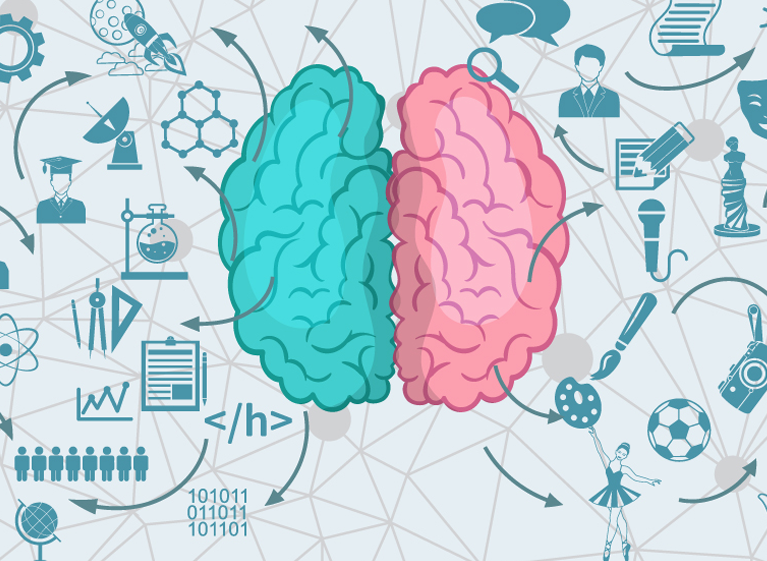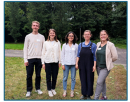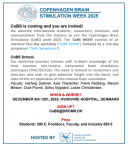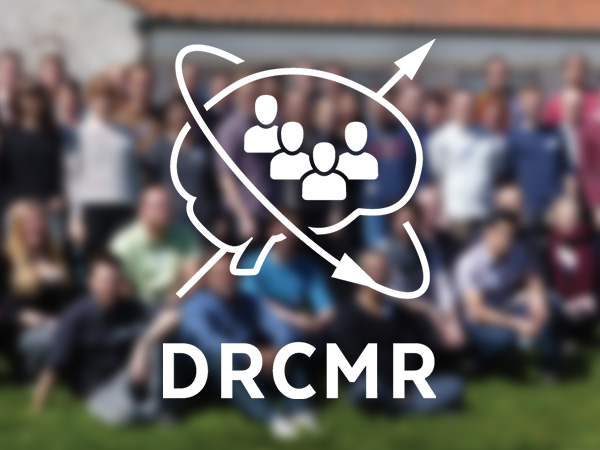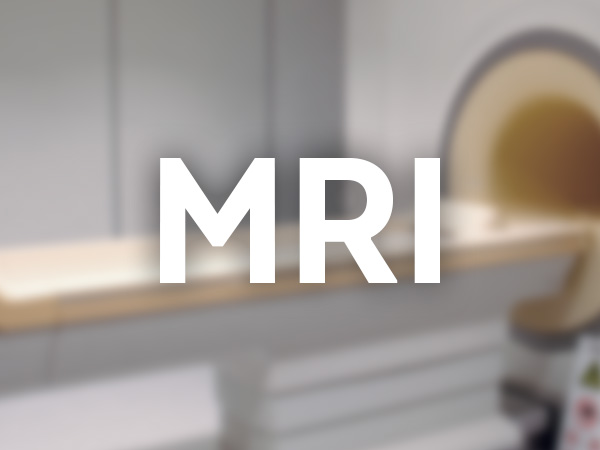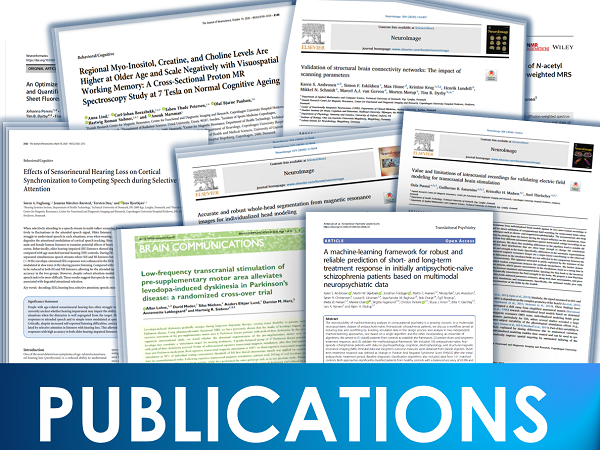Latest News
-
Copenhagen Brain Stimulation Week 2025
What are you plans for December? Surely, it must include…
Latest News
The acquisition part of the course described below has ended, but a repeat is scheduled. Sign up for DRCMR news on the main page to receive notifications of this and other activities.
Course title: Magnetic Resonance Imaging Techniques and Analysis
Content and format: The course covers introductory MRI acquisition and image processing methods. The first half of the course until December 2013 is mainly lectures on MR basics, acquisition methods and parameters. Analysis of functional and structural imaging data will be covered during the second half of the course starting around January/February 2014.
The course starts at a level requiring little or no MR experience. A technical background is not required. The target audience is employees and students at the MR department but the course is open and free for external participants. DRCMR employees, students, new-comers and co-workers are given priority if we (against expectations) have to limit the number of participants due to space limitations.
The main aim of the course is to provide a basis for understanding MRI measurements, pitfalls and literature. The acquisition part of the course covers the basics needed to follow the more technical course Medical Magnetic Resonance Imaging offered as part of the Medicine&Technology program at the Technical University of Denmark in the spring, and which is also available for non-DTU-students (offered under "Open University").
Dates, time, place: The acquisition part of the course starts Friday October 25th, 2013. It continues approximately every Friday from 1:30 to 4pm. The venue is the DRCMR conference room.
Registration: The course is free and open. Please send a mail to to get on the course mailing list.
Literature and software: The course is initially based on notes http://eprints.drcmr.dk/37/ (also available in Danish). Other course notes, slides and relevant articles are provided during the course. The SPM software available at http://www.fil.ion.ucl.ac.uk/spm/ which will be used during the analysis part starting in 2014. It requires a working installation of Matlab as described on the SPM home page.
Credit: The full course has a workload corresponding to 2-5 ECTS points depending on exams/assignments taken (2 is 1/15 semester workload) but you do not automatically get credit for the course in any education. You may apply for credit at your school, but be aware that no general evaluation is planned, which may be required for a credit bearing course. This can possibly be arranged on an individual basis upon request, and is required for the organizers to recommend more than 2 ECTS.
Language: In 2013, the acquisition part was given only given in Danish, but typically it is given in English. The language of the analysis part will also be chosen based on the audience.
Lecturers: The acquisition part is coordinated by Lars G. Hanson , and the analysis part by Arnold Skimminge.
Preliminary outline, divided on weeks (more precise updates are sent to participants that register for course newsletters):
Friday October 25th, MRI acquisition, part 1:
- Sections "Magnetic Resonance" until "Sequences" in MR notes are discussed during the coming few weeks (the English and Danish versions are similar).
- Protons, spin, net magnetization, precession, radio waves, resonance, relaxation, rotating and stationary frames of reference, T1 and T2.
Friday November 1st, MRI acquisition, part 2:
- Relaxation time weighting. Dephasing, refocusing, T2*, spin echoes, and sequences.
- Contrast overview, slice selection, spectroscopy.
Friday November 8th:
- No lecture due to "GUF forskningsdag"
Friday November 15th:
- No lecture due to "FBE temadag"
Friday November 22th, MRI acquisition, part 3:
- Follow-up, Saturation and inversion.
- MR notes from "Imaging" and beyond are covered during the coming weeks.
- Gradients, image-formation and k-space. Echo time revisited.
Friday November 29th, MRI acquisition:
- No Lecture due to TMS course.
Friday December 6th:
- No lecture due to DRCMR Christmas Symposium.
Friday December 13th, MRI acquisition:
- No lecture due to DTU exams.
Friday December 20th, MRI acquisition, part 4:
- Imaging continued, field strength issues, coils.
- Sequence elements, k-space trajectories, artifacts (distortions, ghosting and aliasing), noise and image quality quantification.
Friday January 10th 2014, MRI acquisition, part 5:
- Flow and diffusion weighting. BOLD fMRI.
Friday January 17th 2014, MRI acquisition, part 6:
- Sequence building blocks: Inversion, saturation, lipid/water suppression. Diffusion weighed imaging. Questions & answers, spectroscopy.
The analysis part of the course will likely start in January or February with the following approximate program:
MRI analysis part 1, preprocessing:
- Introduction to analysis section of the course.
- Introduction to SPM8.
- fMRI preprocessing.
- Introduction to fMRI statistics.
- First level analysis.
- Statistics
MRI analysis part 3, contrasts:
- Introduction to statistical inference.
- Contrasts, plotting and visualizations.
MRI analysis part 4, practicalities:
- Scripting and batching basics
MRI analysis part 5, second-level inference:
- Contrasts, plotting and visualizations.
The lecture plan is adjusted with respect to both subjects and timing during the course, and to some degree based on participant wishes. Updates are distributed to those that sign up for notifications (see above).
On October 1st, 2013, Henrik Lund succesfully defended his PhD thesis entitled MR study of normal-appearing brain tissue in MS: Cognitive correlations and blood-brain barrier permeability. Congratulations to Henrik !
The assesment comittee was
- Professor Ernst Wilhelm Radue (University Hospital Basel, Switzerland)
- Professor Zsolt Illes (University of Southern Denmark, Denmark)
- Professor Hanne Krarup Christensen (chair)
The University supervisor was Professor Hartwig Siebner, DRCMR.




